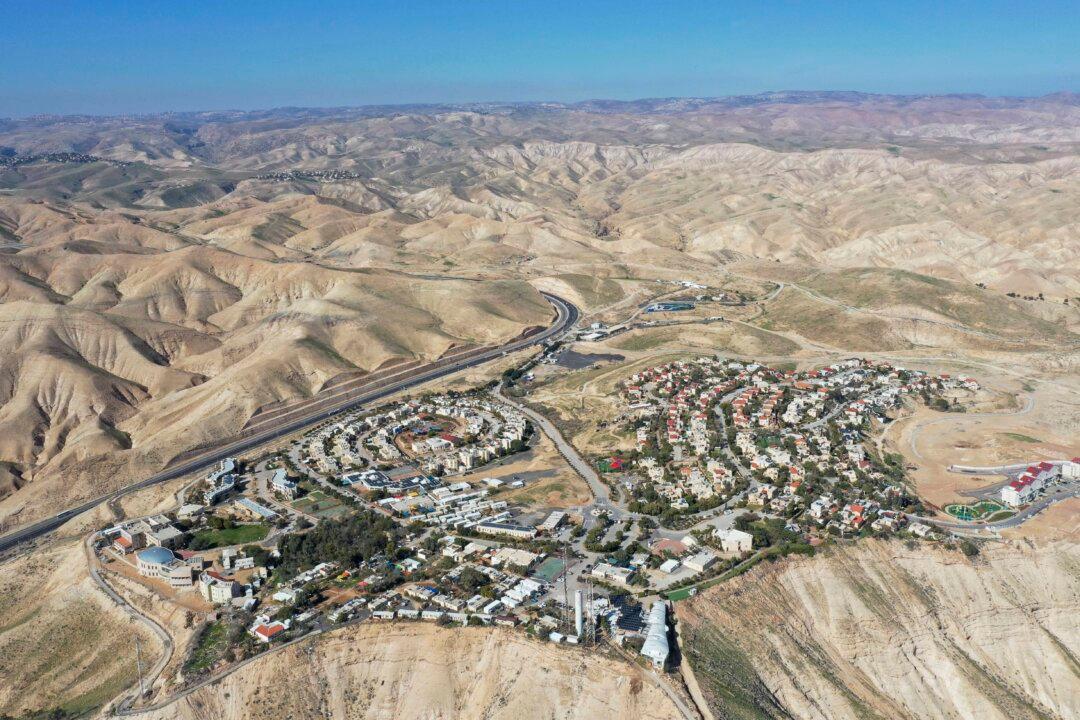Commentary
As every deal-maker knows, the best approach to making a deal is to know what the other side wants most and what they’re willing to do, or give up, to get it.

As every deal-maker knows, the best approach to making a deal is to know what the other side wants most and what they’re willing to do, or give up, to get it.